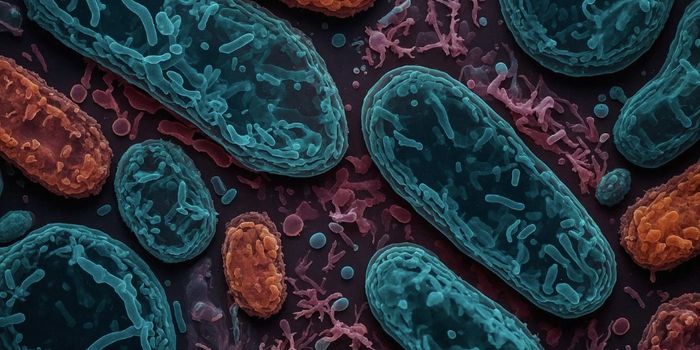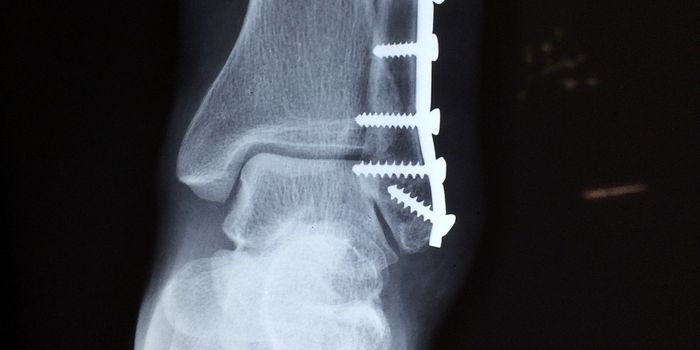Study Finds Post-Hospitalization Recover from Alcohol Use Disorder Boosted by Available Drugs
The journey of recovery for those with alcohol use disorder (AUD) is often turbulent, and failure can lead to preventable mortality. Individuals discharged from hospitals are often left to navigate the daunting landscape of AUD on their own.
Researchers from Massachusetts General Hospital successfully increased the success rates of those on their recovery journey by equipping these patients with a medical lifeline.
Background: Addressing Alcohol Use Disorder
AUD poses a significant public health challenge in the United States, affecting millions of adults annually and contributing to substantial economic burdens. Despite the availability of FDA-approved medications for AUD (MAUD) like naltrexone, acamprosate, and disulfiram, they remain significantly underused.
"Despite known efficacy, medication treatment for alcohol use disorder is underutilized and rarely initiated in the post-hospitalization setting," says lead author Eden Y. Bernstein, MD, a physician-scientist in the Division of General Internal Medicine at MGH. Studies show that less than 2% of adults with AUD received MAUD in 2019, highlighting a substantial treatment gap.
The Study: Investigating Post-hospitalization Outcomes
The cohort study, conducted among patients who experienced alcohol-related hospitalizations in 2016, assessed the association between initiating MAUD at hospital discharge and 30-day post-hospitalization outcomes. Researchers analyzed data from over 9,800 hospitalizations, focusing on outcomes such as all-cause mortality, return to hospital, and attendance at primary care or mental health follow-up appointments within 30 days of discharge.
Key Findings: Implications of Discharge MAUD Initiation
Only a tiny fraction—2.0 %—of the study participants initiated MAUD at discharge. However, this intervention was associated with significant benefits. The findings linked discharge MAUD initiation to a remarkable 42% reduction in the incidence of the primary outcome, which comprised all-cause mortality or return to hospital within 30 days. Furthermore, patients who received MAUD at discharge experienced a 51% decrease in alcohol-related return to hospitalizations.
"These therapies are evidence-based, inexpensive, and have manageable side effects," says senior author Timothy Anderson, MD, MAS, an assistant professor of medicine at the University of Pittsburgh, who began on the study while on the faculty at Harvard University. "Training inpatient clinicians to initiate these medications and to develop plans for post-hospital follow-up with patients and their primary care team has the potential to improve patient outcomes and to reduce preventable readmissions."
Conclusion: Promoting Effective Interventions
Interventions are urgently needed to facilitate smoother care transitions from inpatient to outpatient settings.
Increasing the use of MAUDs at hospital discharge might be crucial for improving patient outcomes and reducing the burden on healthcare systems. By addressing the gap in treatment access and promoting evidence-based interventions, healthcare providers can better support individuals with alcohol use disorder in their journey toward recovery.
Source: JAMA









